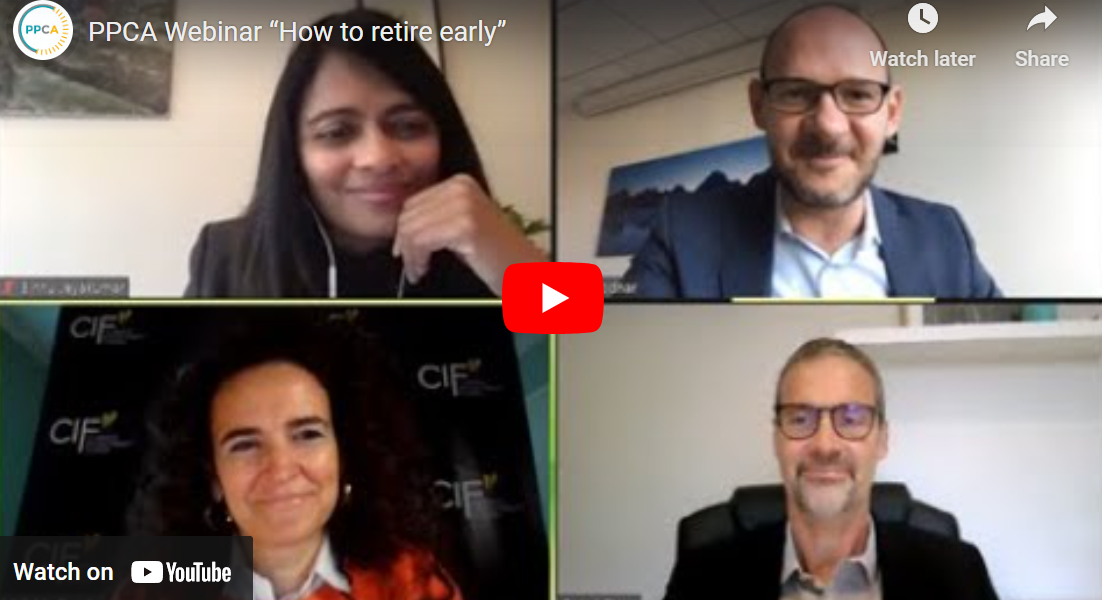
This webinar brought together world-leading experts and policy makers to discuss new financial strategies that can be used to speed up the replacement of uncompetitive, polluting coal with cheaper clean energy.
When: 13th October 2020, 11-12 EDT (Eastern time US and Canada) / 4-5pm BST (London) / 5-6pm CEST (Brussels)
The recording and presentation slides are now available here
Coal has lost its economic advantage. Building new renewable generation is already cheaper than new coal plants virtually everywhere. The cost of renewables has fallen so far that it is also already cheaper to build new renewable generation than to continue operating 39% of the world’s existing coal capacity. By 2025 the share of uncompetitive existing coal plants worldwide will stand at 73%.
Yet, despite coal’s declining economic viability, the coal-to-clean transition is too slow when measured against the Paris Agreement objectives. For there to be any chance of holding temperature rise down to 1.5 degrees, coal generation must fall by an annual 13% this decade. Even this year’s record decline caused by a global pandemic did not match the scale of transition that is needed.
This webinar brought together world-leading experts and policy makers to discuss new financial strategies that can be used to speed up the replacement of uncompetitive, polluting coal with cheaper clean energy.
The event featured remarks from high-level public officials actively working on the global coal-to-clean transition, who spoke about the political dynamics for accelerating coal phase-out in key countries and regions. PPCA partner, the Rocky Mountain Institute presented a recent analysis of the collapsing competitiveness of coal with respect to renewables and a three-step plan for how governments and public finance institutions can engineer a faster phaseout, including by refinancing coal assets, and reinvesting parts of the new capital in clean energy and a just transition. The discussion that followed, featuring insights from experts and representatives of the finance sector, explored the necessity, practical implications and design of the different financial tools for accelerating coal phase-out in various regions.
Building on the speakers’ vast knowledge and experience in implementing changes to energy systems, the event facilitated sharing of best practices in the fields of transition finance, utility transformation, and support for affected workers and communities. As part of the PPCA objective to eliminate unabated coal-fired electricity in a sustainable and inclusive way, the webinar aimed to advance the global energy transition dialogue, in response to the UN Secretary-General’s calls for no new coal and curtailing existing coal use, and to “recover better” from COVID-19.
Agenda
11:00 EDT Opening
- Binnu Jeyakumar, Program Director, Pembina Institute (event moderator)
11:05 EDT Setting the stage
- Francis Pigeon, Director, Climate Finance and Partnerships, Government of Canada
- Tomas Anker Christensen, Climate Ambassador, Government of Denmark
11:15 EDT Presentation of the report ‘How to retire early’
- Paul Bodnar, Managing Director, Rocky Mountain Institute
11:30 EDT Panel discussion
- Mafalda Duarte, CEO, Climate Investment Funds
- Dr Grové Steyn, Managing Director, Meridian Economics
- Paul Bodnar, Managing Director, Rocky Mountain Institute
11:50 EDT Q&A
11:55 EDT Closing
- Ed Webber, Deputy Director for International Climate Action, Government of the United Kingdom
The webinar launched the PPCA webinar series, which will take place regularly in the run up to the PPCA summit early next year.





